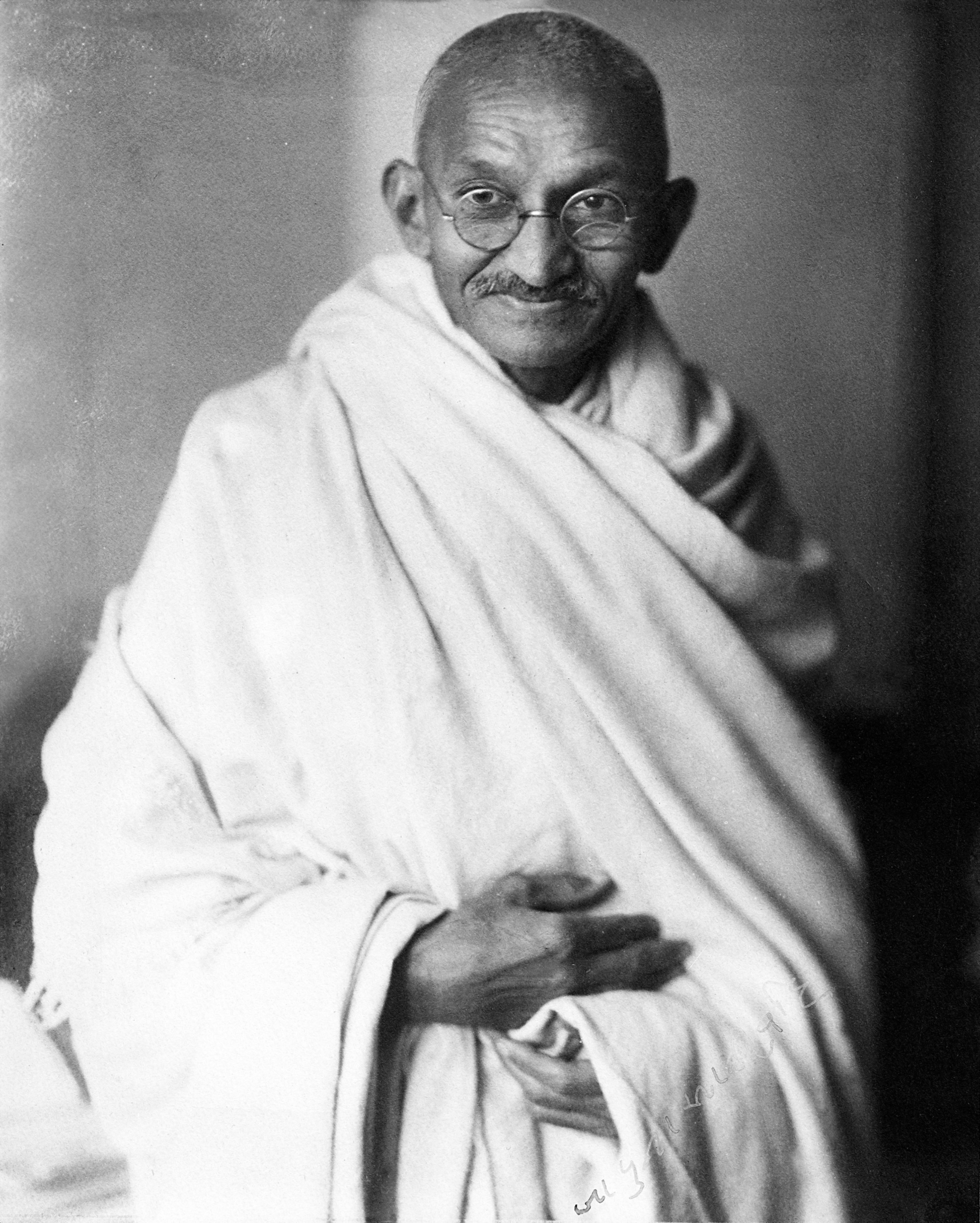Mahatma Gandhi was one of the most influential figures in world history. He is best known for his non-violent protest techniques, which were used to drive India’s independence from Britain. His life and teachings continue to inspire people around the world today. Here we take a look at Ghandi’s extraordinary life and legacy, including his Wiki biography, age, height, measurements, relationship, and more. Get ready to discover the man behind the legend.
Early Life and Childhood of Gandhi

.Mahatma Gandhi, the leader of India’s independence movement, was born in Porbandar, India on October 2, 1869. He was the son of Karamchand Gandhi and Putlibai Gandhi, a devout Hindu couple. His father was a prominent political figure who served as Dewan of Porbander, a small princely state in Gujarat. Gandhi was brought up in a traditional Hindu household, where he was taught to revere the Vedas, the Bhagavad Gita, and other religious texts. He was also taught to practice nonviolence, truthfulness, and vegetarianism. As a young boy, Gandhi was an average student, but he was known for his extraordinary sense of morality and justice. He was married to Kasturba Makhanji at the age of 13, and the couple had four children. Gandhi’s commitment to nonviolence, truth, and justice eventually led him to become the leader of the Indian independence movement. He inspired countless people across India to stand up for their rights and fight for freedom from British rule.
Gandhi’s Political Career and Accomplishments

Mahatma Gandhi was one of the most influential political figures in modern history. He was a leader in India’s independence movement, and his impact on Indian society was immense. He believed in non-violent protest, and was a strong believer in civil disobedience. He fought for the rights of the oppressed and was a champion of equality. He was an inspirational leader who influenced many of India’s subsequent leaders. Gandhi’s political career was marked by numerous accomplishments, including the successful negotiation of an end to the caste system, the promotion of religious tolerance, and the establishment of the All India Congress Party. He also led a successful campaign to abolish salt taxes, and was instrumental in the formation of the Indian National Congress. Gandhi was also a key figure in the successful struggle for India’s independence from British rule. He was an advocate for human rights, and his commitment to peaceful protest set the groundwork for civil rights movements around the world. He is remembered for his courage and determination to fight for a better world and his legacy continues to inspire people today.
Gandhi’s Beliefs and Teachings

itGandhi’s beliefs and teachings were rooted in the concept of ahimsa, the practice of nonviolent resistance. He believed that all forms of violence, including physical and verbal, were wrong. He was a staunch advocate of nonviolence, believing that it was the only way to achieve social justice and peace. He also advocated for the empowerment of individuals, encouraging them to take personal responsibility for their own lives and to strive towards a greater sense of self-awareness. Gandhi’s beliefs and teachings were based on the idea of a moral force being stronger than any physical force, and that by using peaceful means, social change can be achieved. He believed that a collective, compassionate effort was needed to create a better world, and that everyone should strive to work together for the betterment of all. He also believed in the power of love and compassion, and that these should be used to reach out to those who are in need. Gandhi’s beliefs and teachings remain timeless, and are still relevant today.
Gandhi’s Legacy

Gandhi’s legacy is an inspiration to many around the world. He taught us the importance of non-violence, compassion, and understanding. He showed us that we can fight for justice and peace without resorting to violence. Gandhi was a symbol of hope and courage in the face of oppression. His message of peace and equality has reverberated throughout the world and continues to do so today. He is remembered as a leader who used his moral courage and strength of character to fight against injustice. His teachings have helped to shape the way people think and act around the world. Gandhi’s legacy will continue to live on and inspire future generations to stand up for what is right and just.
Gandhi’s Impact on the World Today

Gandhi’s legacy still lives on today and his teachings are as relevant as ever. His commitment to nonviolence and civil disobedience have inspired people all over the world to stand up for what they believe in. His ideals of peace, justice, and equality have been adopted by many political movements, including the civil rights movement in the United States. Gandhi’s teachings have also been the impetus for a number of global initiatives, such as the United Nations’ Millennium Development Goals. His message of love and understanding continues to be shared around the world, and his impact on modern society is undeniable. His insistence on peaceful protest and the power of nonviolence has been a call to action for many, and his influence will continue to inspire people for generations to come. Gandhi’s message of nonviolence, justice, and peace is one that will never go out of style.
